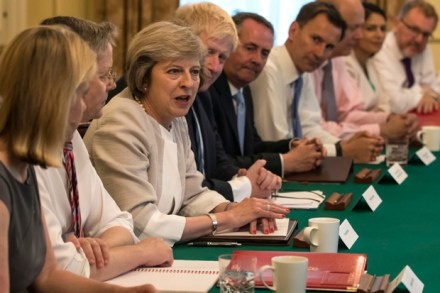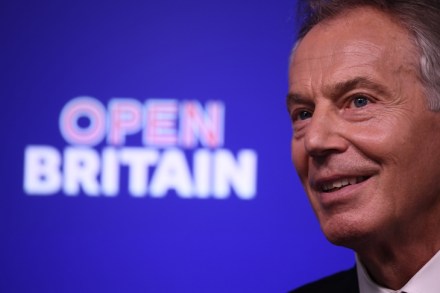Labour is finished. But you can’t blame it all on Corbyn
Even now, even following their historic thrashing in Copeland, Labourites still cannot face the truth. Sure, there are Twitter tears this morning. I’m sure the vibe in Corbyn’s office is skittish and fearful. There’ll be an explosion in ‘What now for Labour?’ articles. But they still do not get the yawning, abyssal depth of the crisis they face. They still don’t see that their party isn’t merely in trouble; it’s finished, over, kaput. Labour is a zombie party, a Frankenstein creature patched together from dead slogans and middle-class anti-Tory angst; a living-dead entity utterly incapable of making a connection with the living. Most Labourites have responded to the loss of



















